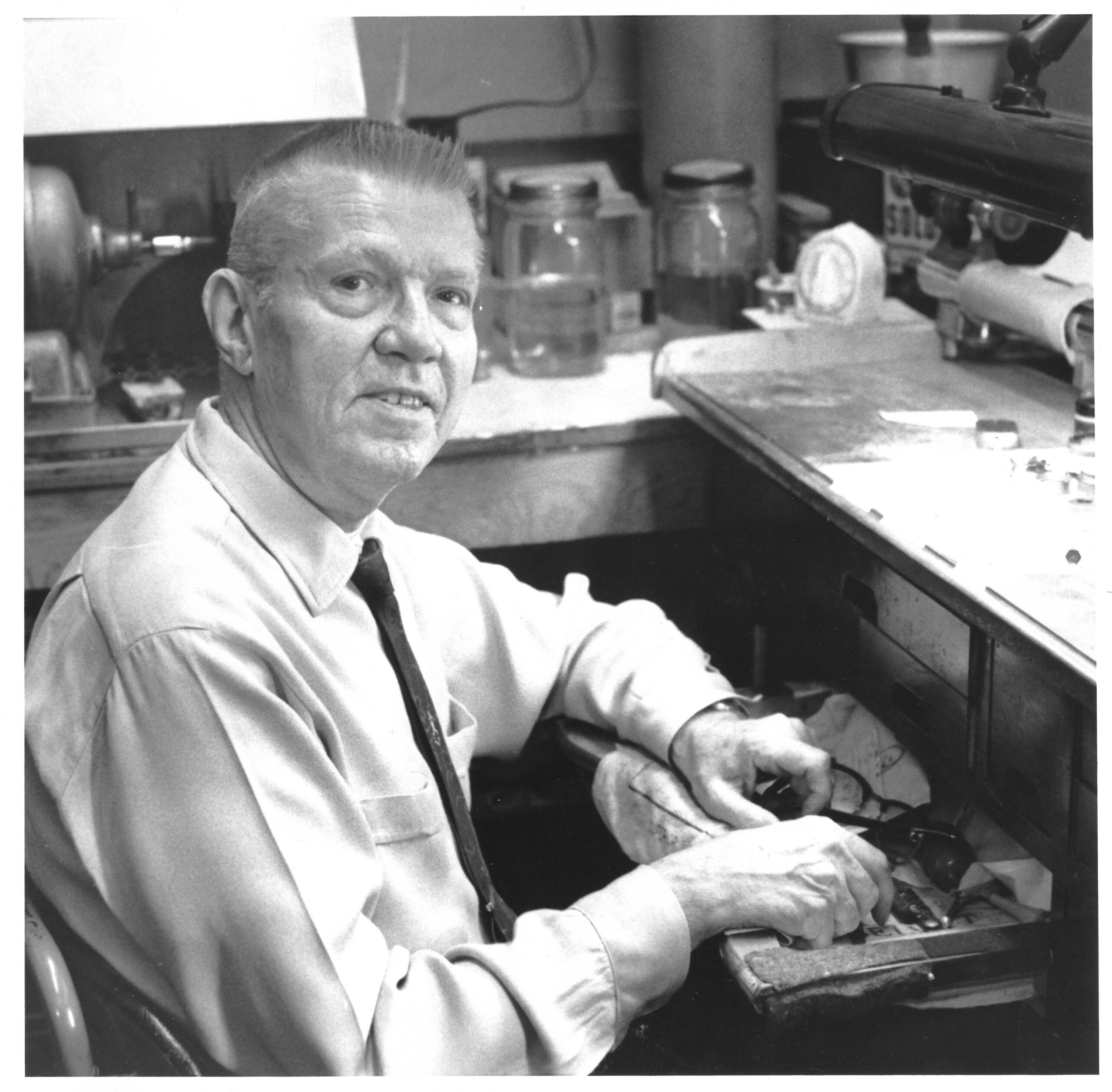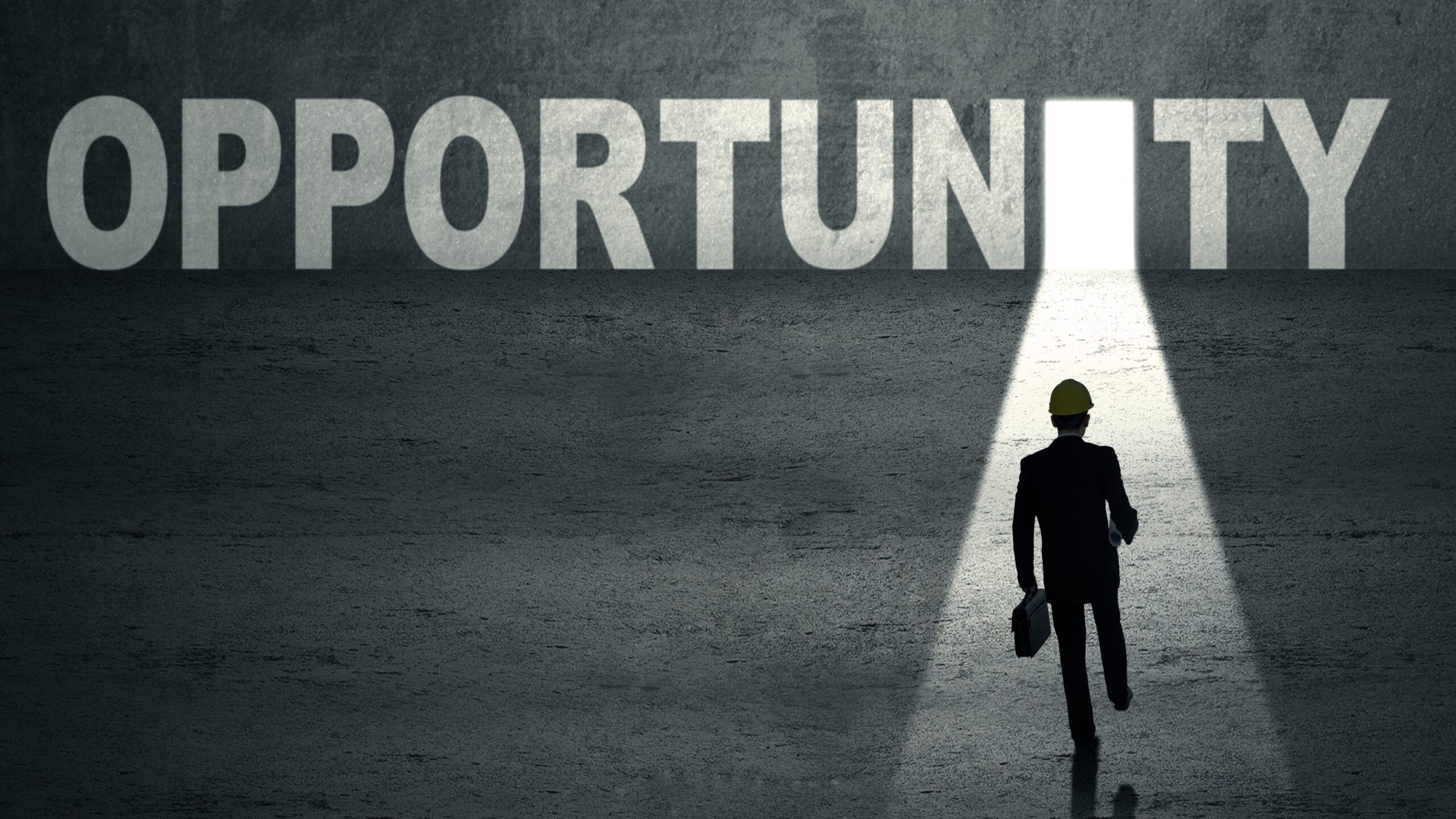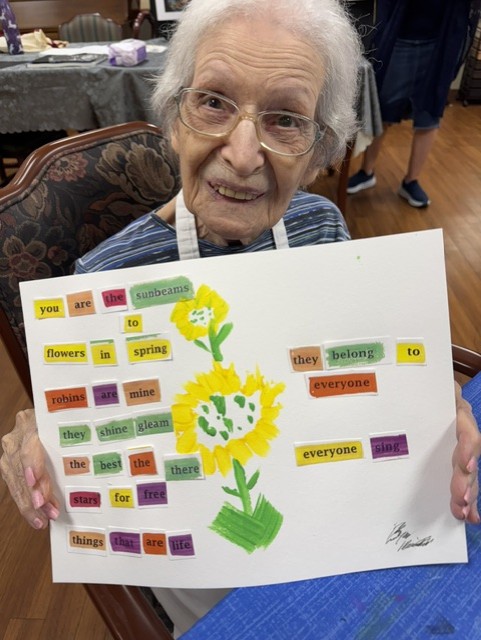When I was growing up, my mom always made a fuss over my dad when he came home from work on a pay day. My dad was very proud to be working full time and was vigorous enough to keep at it well past age 65. A watchmaker and jeweler by trade, he learned his profession while recovering from combat-related injuries suffered in war.
He left in the morning carpool to the city a few miles from home in a coat and tie, even though he worked behind the scenes in a small office hidden within a large department store. Then in the evening, the carpool dropped him off and mom and I would stand at the door clapping and cheering. Our silliness always made him smile, of course.
I have a new appreciation for my parents and what they taught me about work. To them, work was tied to the meaning of life. My dad’s modest job was the foundation of our family. We prayed with thanks for dad’s ability to work and gave thanks for the fruits of that work.
Dad embraced his work with pride and spent many hours perfecting his craft, even working on watches, clocks and jewelry at home over the weekend. He taught me the value of hard work, good work, and quality work to be proud of. I wish now that I had his old bench with its little drawers, its high top for standing work, and that special place where he hid his chocolate stash. My dad found meaning in his work not just for how it benefitted us, but the fulfillment it brought in helping people.
Nicole Maestas, Ph.D., associate professor of health care policy at Harvard Medical School, notes that increasing numbers of Americans are working past age 65. By 2024, she projects that 36% of people age 65-69 will be in the labor force, up from 22% ten years ago. The CDC journal Preventing Chronic Disease, studied 83,000 older adults and found that people working past age 65 were “three times more likely to report being in good health and about half as likely to have serious health problems, such as cancer or heart disease.”
Work should be like this—meaningful, engaging, rewarding materially and spiritually. But the world of work continues to change, for better or worse. Automation, “off-shoring,” and other trends have decimated the middle class as manufacturing, agriculture, and other old industries have declined. Even retail stores like my dad worked in have changed from once vibrant city-center locations to newly abandoned suburban malls. We prefer the convenience of shopping online and letting the delivery trucks come to the door.
The recession of 2007 and now the recent pandemic have also taken a toll on workers. Displaced by company closures or relocations, many found themselves sitting at home. The rising pandemic also saw increased reports of drug overdoses. Without meaningful work, people can sink into despair and lose hope. Recent news reports about working conditions at massive Amazon warehouses have created increased levels of worker stress, illness, and injury.
In our society, the pioneer work ethic culture drives many to excesses of overwork, anxiety, and despair. When so many people lost jobs during the pandemic through no fault of their own, they also had to cope with loss of identity, grief, and shame. In the US, we are what we do. So without something to do, who are we, really? This distortion of the role of work in our lives is an ever-present danger.
What is United Church Homes doing to support our employees? First, we have created a program of Total Rewards, we call our PERL program. Our wages map to the MIT Living Wage indicators for all the communities we serve. And we provide subsidized health insurance, flexible spending accounts and retirement plans. This year we launched an employee development program called Amplify, which provides training and advancement to employees at all levels.
Additionally, we look to attract younger adults into our workforce. United Church Homes supports several local school and college-based programs bringing interns into our communities. This summer we welcomed a new graduate of Tougaloo College in Jackson, Mississippi as an intern in our housing program. We believe we have a lot to offer young adults learning about our industry. We hope that many of them will see their own future with us or others with opportunities to grow.
We hope that our employees will catch the true nature of our work and that feeling of a special “call.” Many of our workers have told me that they feel a sense of spiritual calling to their roles. To work in an organization that has a social mission, that impacts people’s lives every day, that creates safety and security for those who have experience prejudice and discrimination is gratifying to their spirits.
When this occurs, I smile and remember those days long ago when we clapped for my dad coming home with his paycheck. I want to clap and cheer for our own workers who have not only caught the spirit of UCH, but for those that the mission lives deep within their hearts. Work definitely “loves you back.” As Dr. Maestas concluded, “If you’re happy at work, that’s one sign that work may be good for your health.”
As we celebrate another Labor Day, it’s not just an occasion to mark the end of summer. It is time set aside to honor work and workers, which is most of us after all. Jesus called us to a discipleship that was a new kind of job. We work to advance God’s redemptive actions in the world. We work to provide services and benefits for others to enjoy. We also work to bring a satisfaction to our souls when we find our own purpose is fulfilled. That’s something to cheer about.
View all articles by:






















